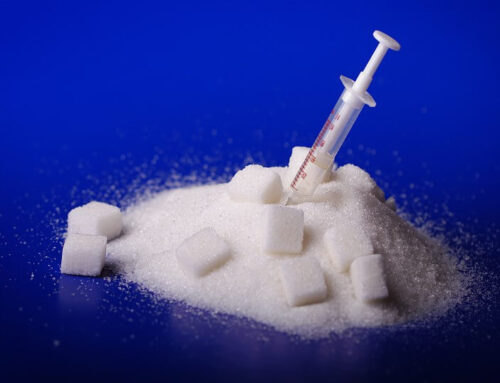
Have you ever heard people say, that ‘no one should ever be exposed to direct sunlight without sun protection?’ To suggest that one should never be exposed to sunlight because excessive exposure to sunlight is linked to an increased risk for non-melanoma skin cancer is like suggesting that ‘because breathing 100% oxygen can cause lung damage and death, that no one should breath an atmosphere that contains 20% oxygen.‘
The lack of appreciation of the importance of sensible sun exposure for providing children and adults with their vitamin D requirement has led to a worldwide vitamin D deficiency pandemic. So, how much should you Vitamin D should you take? According to leading scientists in this field, the following Vitamin D levels are recommended:
- Infants should receive 400 IUs of vitamin D soon after they are born, but infants who are vitamin D deficient should be aggressively treated with pharmacologic doses of vitamin D in order to build up the body stores and quickly correct the vitamin D deficiency
- Children one year and older should receive at least 600 IUs of vitamin D daily [The Endocrine Society recommends at least 600 IUs and up to 1000 IUs daily is safe and effective to prevent vitamin D deficiency and insufficiency. Infants and toddlers who received 50,000 IUs of vitamin D2 once a week or 2000 IUs of vitamin D2 or vitamin D3 daily for 6 weeks corrected their vitamin D deficiency without any untoward side effects]
- The Endocrine Society recommends that all adults receive 1500–2000 IUs of vitamin D daily
- A comprehensive list of Vitamin D recommendations can be found here
- FYI – No matter how much sun exposure a person has this will never cause vitamin D intoxication because sunlight itself destroys any excess vitamin D and previtamin D



